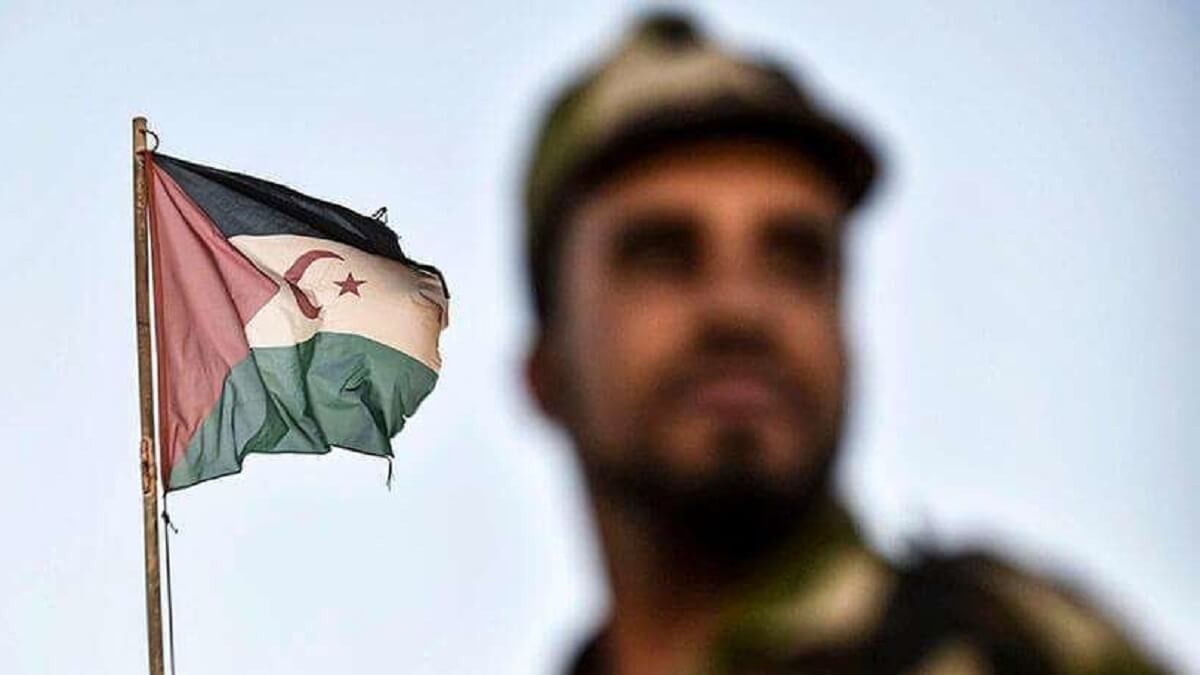Spain rejects asylum applications of Saharawis sympathetic to the Polisario Front

The Spanish authorities have decided to reject the asylum applications of several Saharawis who had arrived at Madrid airport with the aim of remaining in the country, and are now preparing to deport them to Morocco.
The Interior Ministry has indicated that the returns to Morocco will be carried out in accordance with the law. ‘All those who, according to the law, are not considered to be in need of international protection will be returned, and always with judicial ratification,’ said the minister, Fernando Grande-Marlaska.
Mohamed Lakrini, professor of International Relations and International Law, explains to Al-Arab that the Spanish position is based on the fact that ‘the authorities were not convinced of the existence of real threats to asylum seekers inside Morocco, which is an indication of a significant improvement in the field of human rights’. In this sense, he stresses that ‘it has not been demonstrated that the authorities restrict the travel abroad of people who support the Polisario Front in the cities of El Ayoun and Dakhla’.
It also considers that Spain's rejection of asylum applications presented by ‘activists sympathetic to the Polisario Front’ is due to two reasons. Firstly, he stresses that this decision, which is framed ‘in a context of declining support for the Polisario’, aims to avoid a similar scenario to that which occurred when the leader of the separatist organisation, Brahim Ghali, falsified identity documents in order to be treated in a hospital in Spain, which provoked one of the biggest diplomatic crises between Madrid and Rabat.

Secondly, Lakrini notes that the Spanish government, with this decision, reiterates its recognition of Morocco's sovereignty over Western Sahara through its support for the autonomy initiative presented by Rabat as a serious and credible initiative.
Amid a series of similar decisions taken recently by Madrid regarding several separatists supporting Polisario-affiliated parties and associations, the Interior Ministry rejected the request of Abdeslam Deshakur, 29, who claimed to be a ‘Sahrawi human rights activist’, reflecting the firmness of Spain's position on the Sahara issue, thus reinforcing Madrid's growing support for the Moroccan proposal.
The Madrid-based Sahrawi Association for the Defence of Human Rights welcomed the fact that the Spanish authorities have not fallen into ‘the traps of asylum applications submitted by some self-styled activists, claiming that they have been persecuted in Morocco in order to benefit from the privileges offered by refugee status’.

However, this is not the first time Spain has rejected asylum applications submitted by separatists, confirming the decline in support for the Polisario Front. Moreover, this coincides with recent statements by Minister Grande-Marlaska stressing that ‘cooperation with Morocco is exceptional’ and based ‘on trust and good faith’.
Certain left-wing and far-left parties in Spain, such as Sumar and Podemos, have condemned the government's decision, just as they rejected Spain's support for Rabat's autonomy initiative for the Sahara.
For its part, the Sahrawi Association for the Defence of Human Rights claimed that the political formations that support the Polisario in Spain are trying to use these activists with the aim of attacking the Spanish government on the basis of human rights.










